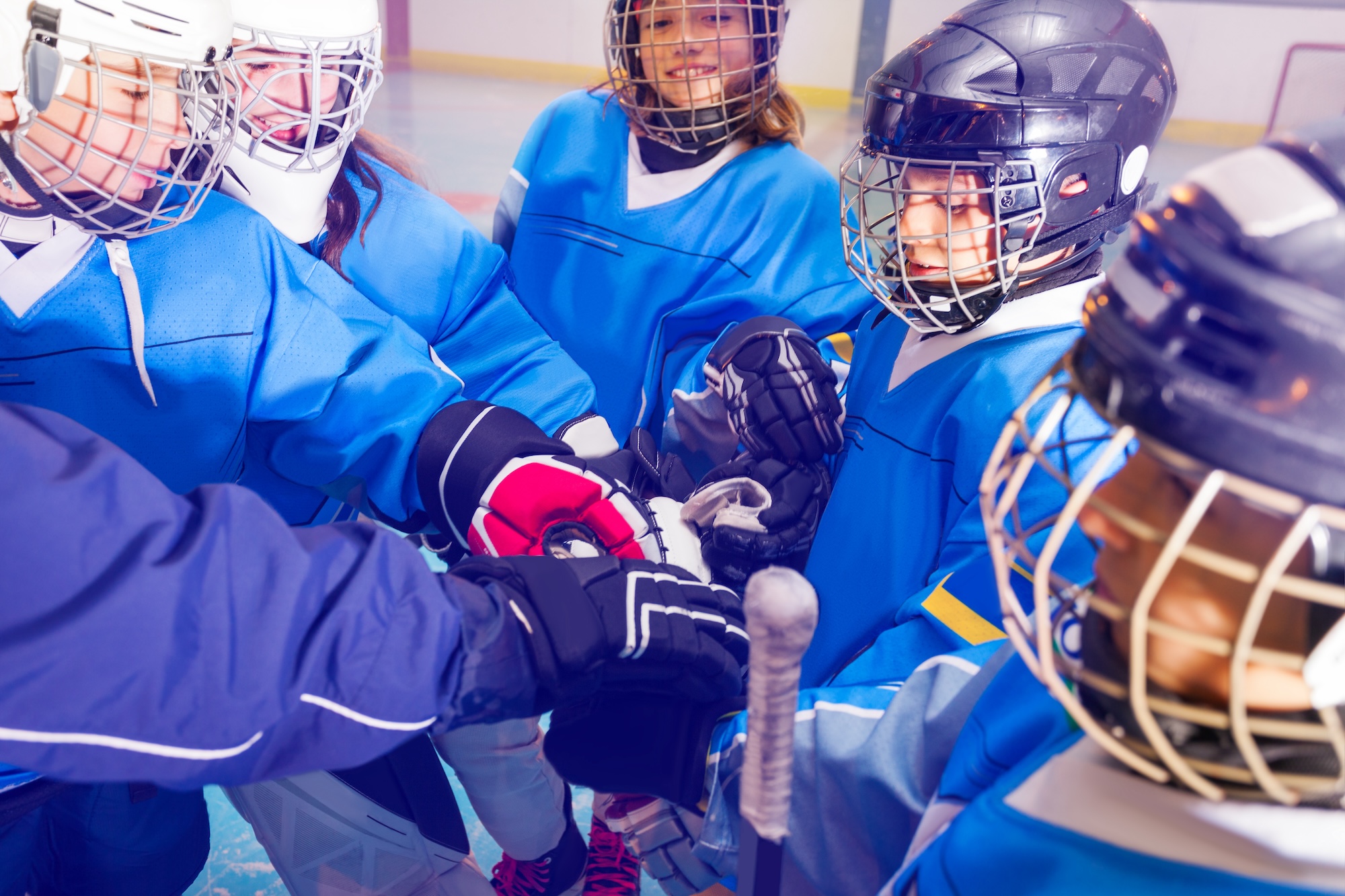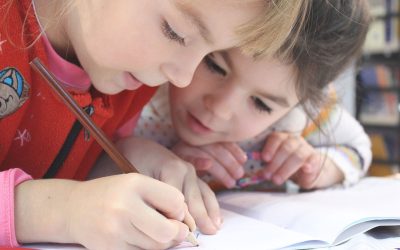“A kind heart is a fountain of gladness, making everything in its vicinity freshen into smiles.”
~ Author Washington Irving
My ten-year-old grandson plays ice hockey, and our family often goes to see the games. The kids zip around the rink and have fun, passing the puck back and forth, and working together as a team trying to score goals, while preventing the other team from scoring them. Occasionally, however, a player gets shaken up or falls down, and does not get up as quickly as one would hope. When that happens, ALL the players, including those on the opposing team, skate back near their bench, sink down on one knee, and wait silently while a coach (or parent) tends to the injured person.
The viewing stands are quiet. The referees stand by. There is stillness in the air as everyone watches and prays. Meanwhile the young hockey players do not move from their kneeling stance, and they continue to show reverence and respect for a fellow athlete whose well-being has been compromised in some yet-unknown way.
When that player stands up, and ultimately heads off the rink (sometimes with assistance), all the kids tap their sticks on the ice in recognition, relief, and joy, and the stands erupt in applause.
Then, the game resumes.
Players within our city’s multi-aged youth hockey league come from different educational systems, communities, cultures, and backgrounds. These kids all learn math, science, history, language arts, and more at school. But in hockey practices and at their games they learn about being part of a whole, about having empathy for others, about good sportsmanship, and about putting people’s safety and well-being first and foremost. What’s paramount is having heart—that is, feeling the right thing to do; sensing it. And, it derives from within. This is an important lesson for kids, and once learned and ingrained, it becomes a powerful attribute through adulthood. It’s important to be able to respond to other people in ways that are heartfelt and genuinely caring. We can all do that.
A hockey rink is just one context. Children learn about camaraderie, kindness, collaboration, how to support one another, and how to stay safe in many kinds of situations. For example, in the playground when sharing equipment; on the school bus; at camp while interacting with campmates and engaging in a variety of activities; in arts programs such as music groups, drama troupes, and craft sessions; in gymnastic classes and other sports venues (both on land and in water); in neighborhood settings such as libraries, local fairs, and community gatherings; and in conservation areas while exploring trails and nature’s wonders with friends and family members. Wherever there are opportunities to engage with other people, there are also opportunities to be proactively considerate, and reactively responsive. That is, to be gracious, understanding, and benevolent.
Last Words
“If you find it in your heart to care for somebody else, you will have succeeded.”
~ Poet Maya Angelou
I’ve shared that quote elsewhere because I believe it’s a true and inspiring sentiment that bears repeating. Heartfelt actions and words have the capacity to enrich lives—for those who give, and for those who receive. Let’s encourage children to embrace empathy, and to build warm and heartfelt connections wherever they go.
Author’s Note:
For additional articles on heart-related matters, check out these pieces on my website: Heartfelt Thoughts; Love Will Find a Way; and Kindling Kindness in Children.








